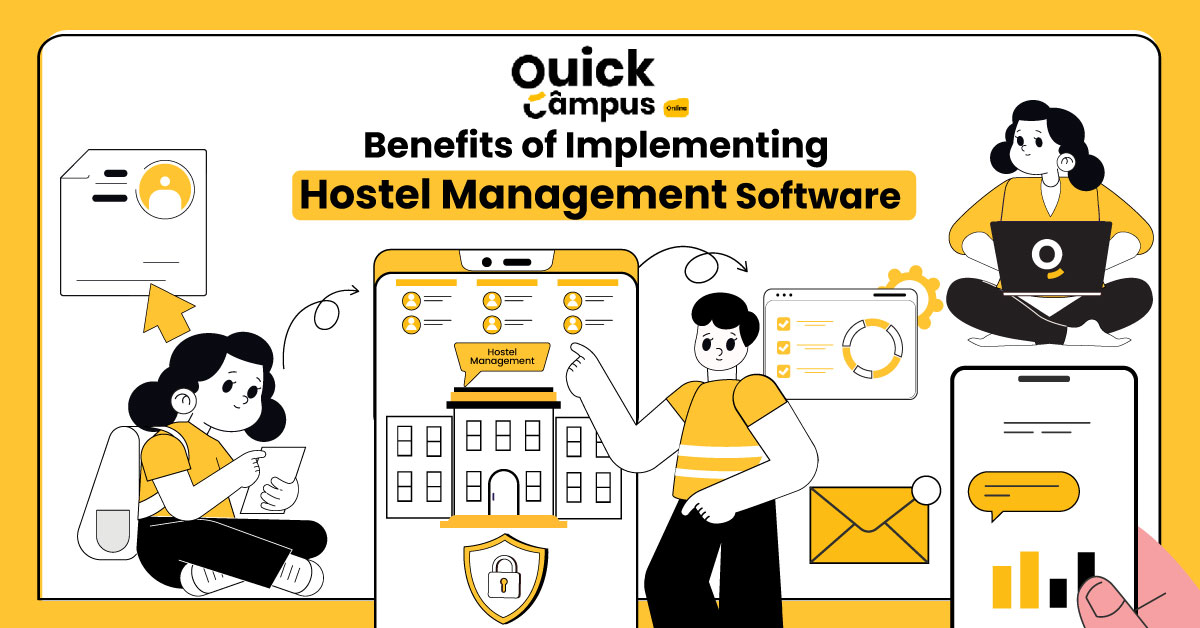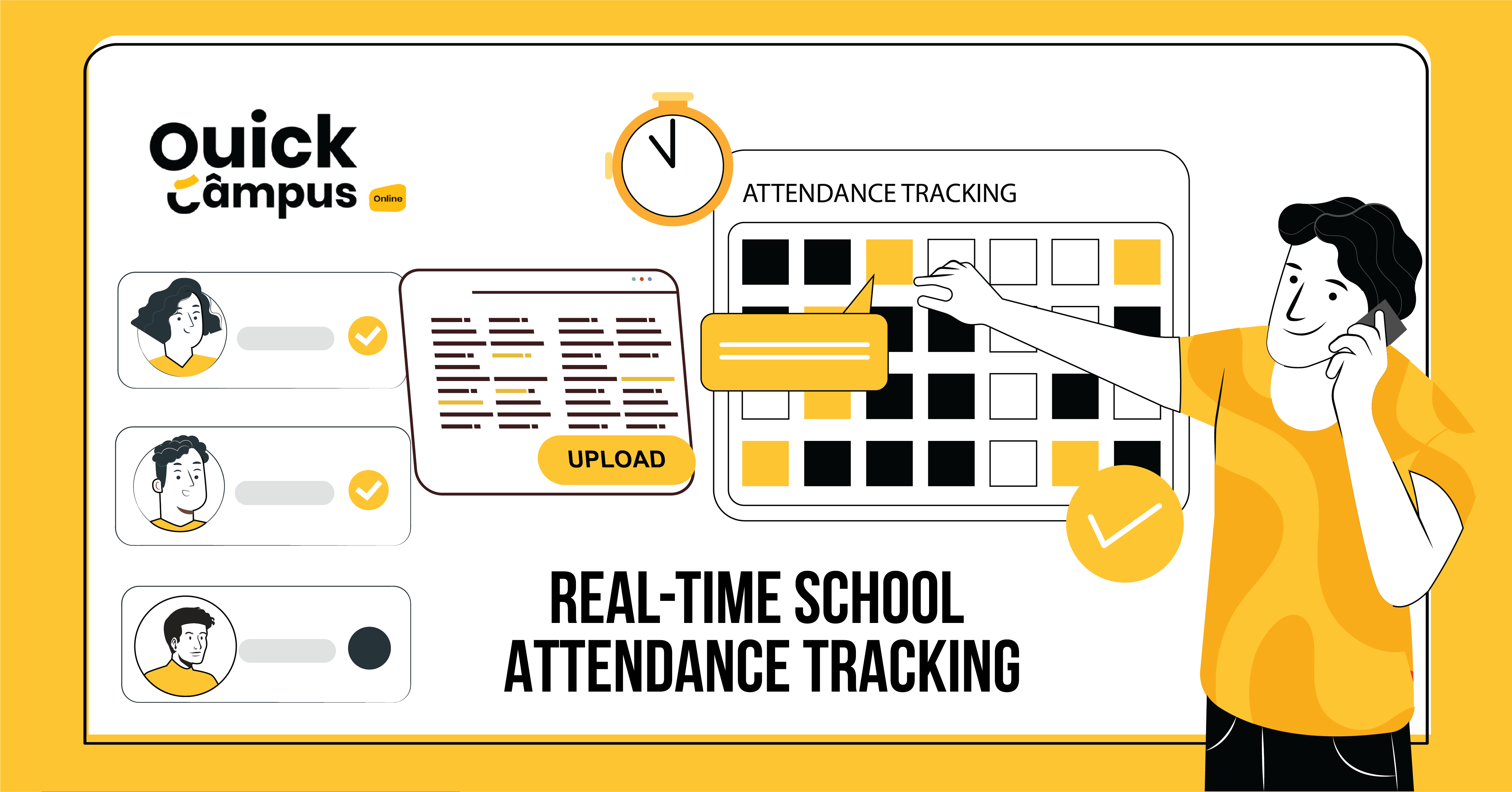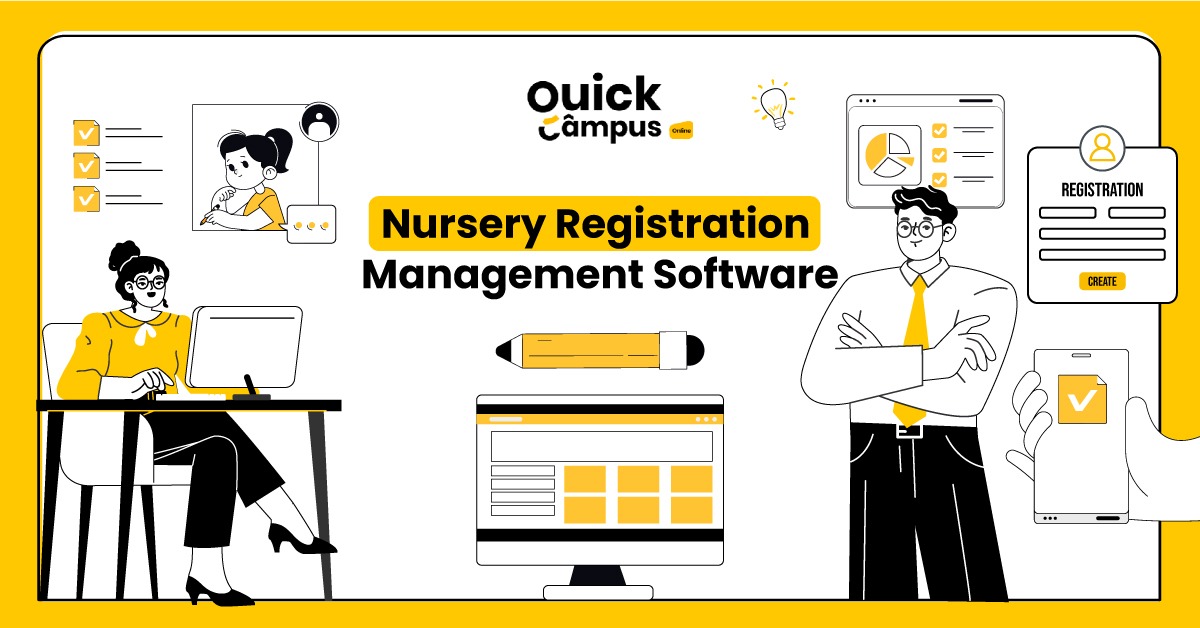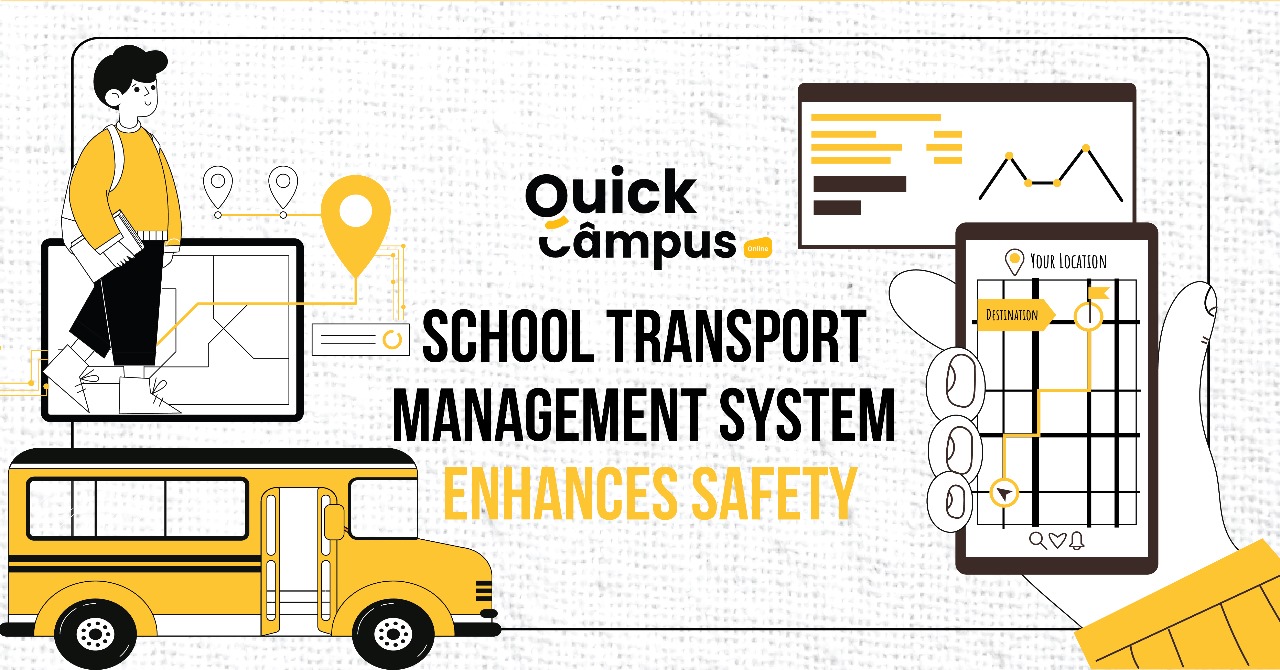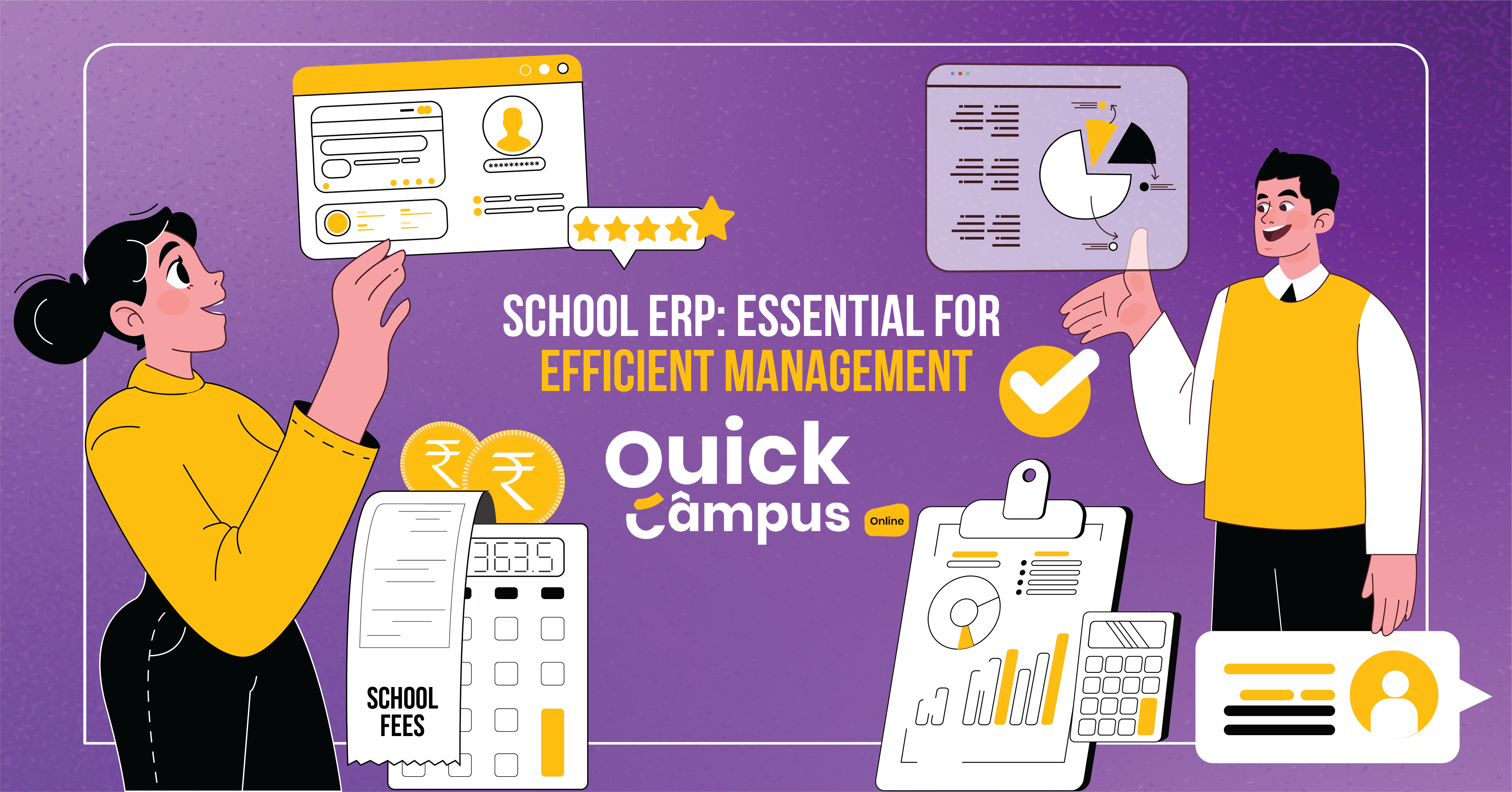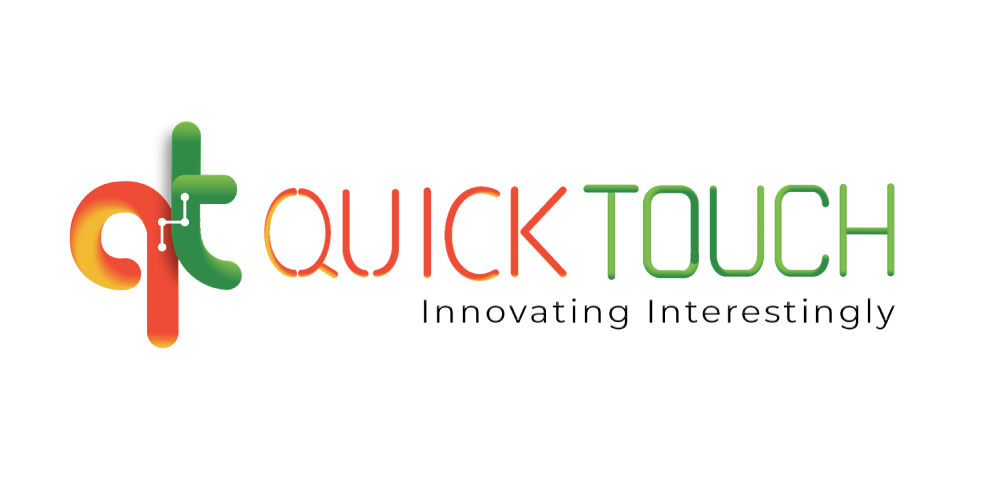Which Mode Of Assessment Provides A Better Opportunity For Reflection?
While formative and summative assessments meet distinctive objectives in the education environment, the one that offers a chance for reflection the best is formative assessment. When it comes to evaluating student learning, both formative and summative assessments play crucial roles, but the former provides a better opportunity for reflection.
Below are some of the key features of formative assessment that show why it is a better mode for assessment.
Continuous Feedback Loop
Formative assessment is created to allow feedback to the learner consistently while the learning is being done. Through this loop, the students can check their level of understanding, identify the areas of strength and weakness, and then either make corrections or use their knowledge to find weak students from the previous section.
Contrary to summative tests that doom at the end of the period of learning, formative assessments probe the learners’ comprehension and allow them to have multiple shots of evaluating and improving simultaneously.
Focus On The Learning Process
A formative assessment seeks to understand not simply a student’s performance but the learning process itself. In doing those formative assessment activities such as quizzes, discussions, and projects, it gives students the advantage to examine their learning strategies, methods of solving problems, and critical thinking.
In this process orientation, an individual is permitted to ponder on how best to improve learning by effectiveness and efficiency.
Individualized Feedback
The formative assessment is usually made to provide personalized feedback for each student concerning their objectives and learning styles. This individualized feedback spurs students into an action of reflection on their progress, setting of specific goals, and amende of the tactics for improvement.
When students get immediate and specific affirmations, it aids the process of assessing their strengths and weaknesses and taking charge of their study path.
Opportunities For Self-Assessment
The formative assessments play the role of engaging students in the process of self-assessment through which they evaluate themselves and their comprehension level. Consequently, self-evaluation in this step will help students develop a metacognitive awareness where they analyze their strengths and weaknesses, track their learning progress, and design strategies for self-improvement.
Talking about assessments actively, students create an influential feeling that they play a significant role and guide for their learning success.
Promotion Of Critical Thinking Skills
Of course, most of the formative evaluation is virtually composed of open-ended questions, issue-based tasks as well as inquiry activities that are intended to prompt the students to think critically and reflectively. As a result of working through thinking processes, students acquire the ability to examine, evaluate, and think things through the evidence.
Students realize that their mind operates in a certain way, and they comprehend where different cognitive strategies stem from. Thus, not only are the basic understanding and higher-order skills reinforced but also.
Cultivation Of Metacognitive Skills
Formative assessment is a process that leads students to learn metacognitive competencies, or thinking about planning and self-regulation of the learning experience. Reflection is one of the best strategies we can use in our learning process and formative assessment does a great job in facilitating this process.
Through using reflective practices integrated with formative assessment activities, learners can achieve a good comprehension of the material, evaluate their learning strategies, and modify their approaches as feedback based on these activities.
Via a metacognitive process, they know themselves more comprehensively and become more targeted students, therefore, they can adapt to all learning settings efficiently.
Conclusion
In Sum given that formative assessment determines the iterations of a given process of learning in terms of understanding, continuous feedback, individualized feedback, self-assessments, critical thinking, and metacognitions, its implementation shows great promise. Giving instructions on formative assessment techniques is undoubtedly one of the effective procedures that teachers can utilize to help learners become self-driven and eager to take up the challenge of performing well academically and for the rest of their lives.

